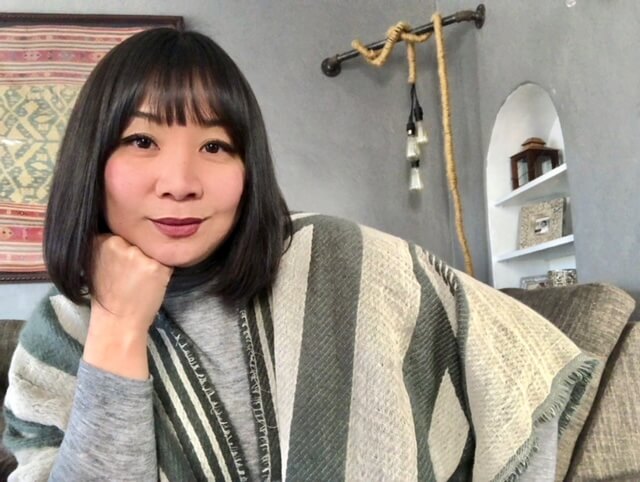Casting Director Becky Wu Opens Up About Facing Racism in the Industry
We recently spoke with casting director Becky Wu to hear some of her most memorable stories from the audition room for her installment of Commercial Audition Tales. The series provides a window into some of the wilder things that casting witnesses, and the anecdotes shared within it are often humorous in nature. When Casting Networks virtually sat down with Wu, she had a number of such stories to tell before adding one that was unlike the others. The casting director opened up about facing racism in the audition room with the hope that sharing her experience could raise awareness and help prevent others from facing the same situation. We thought that such an important topic deserved an article dedicated solely to it, and with permission from Wu, we’re sharing the final story from her original interview below.
Oh my goodness, Becky. That last story about the musical artist smoking up the audition room is absolutely wild!
I have an even crazier one, but it’s kind of a different type of story that involves a client. I do think it could be good to mention, though, since we’re in this era of speaking up about inappropriate things that happen in the industry and pushing for change.
For sure.
I once was working with a client who was very demanding, but she seemed to appreciate the work I was doing. My team was casting a commercial for her brand, and during one session day, it was she and I in the room with the producers and the people from the ad agency. In front of everyone, she told me multiple times, “I like you, Becky — you’re a good Asian.”
What?
The first time it happened, everyone else in the room appeared to be just as shocked as me. This person didn’t seem to comprehend how incredibly offensive that statement was. But she clearly understood that she was making a distinction separating me from the “other Asians.” It was as if starting by saying that she liked me would lessen the sting of what calling someone a “good Asian” means. And there were variants of how she’d say it throughout the day. “I like you — you’re different. You’re a good Asian.” That was another one. “You’re funny and different,” she also said. “I really like you — you’re a good Asian.” So she made the statement in a variety of ways that separated me from the “other Asians,” whom she was deeming as not good or not fun or whatever she was thinking. It was so inappropriate and wrong.
That’s completely unacceptable.
She clearly didn’t know that she was saying something offensive, though. That’s the scary thing about it. This person kept saying I was a “good Asian,” and each time, you could tell she was trying to give me a compliment. The client seemed to think we were chummy, and this was her way of saying it. I had no idea how to react and ended up just laughing it off every time it happened. I felt like I had to pretend it wasn’t a big deal because she was the client. Her account was huge and generated 30 percent of our total income for the year. She was at the top and only answered to one person, with whom we didn’t have any communication. So as far as the team we were working with, she was the number one. I felt like I couldn’t speak up because this person had all the power, and I didn’t want to make her mad and lose the account. I think everyone else felt the same way, too. I actually spoke with some people that used to work with her, and they said she ended up getting let go from her position.
I’m glad to hear that.
I’m not sure what caused her removal — I didn’t take any action after my experience. I know other women have had to deal with being afraid of speaking up. You know, after everything with Harvey Weinstein and the #MeToo movement, we’re hearing about more and more women who have experienced terrible things in the industry. Being violated physically is very different than being on the receiving end of racist words, but I can relate to being in a position where you’re scared to come forward and share what happened to you.
Thank you for being willing to open up about something that’s so vulnerable. Your story reflects the importance of understanding because it sounds like this person didn’t even realize she was saying something that was very wrong.
She truly didn’t.
It’s hard to comprehend how someone would ever think that statement was okay. I also know there are some people out there who don’t believe racism still exists in the industry today, and your experience disproves that idea. So thank you again for wanting to share it with the intention of raising awareness. I think your story does that in more ways than one, and I would like to write a standalone piece dedicated to it if that’s alright with you.
Yes, absolutely. I’m down for that.
—
This interview has been edited and condensed.




